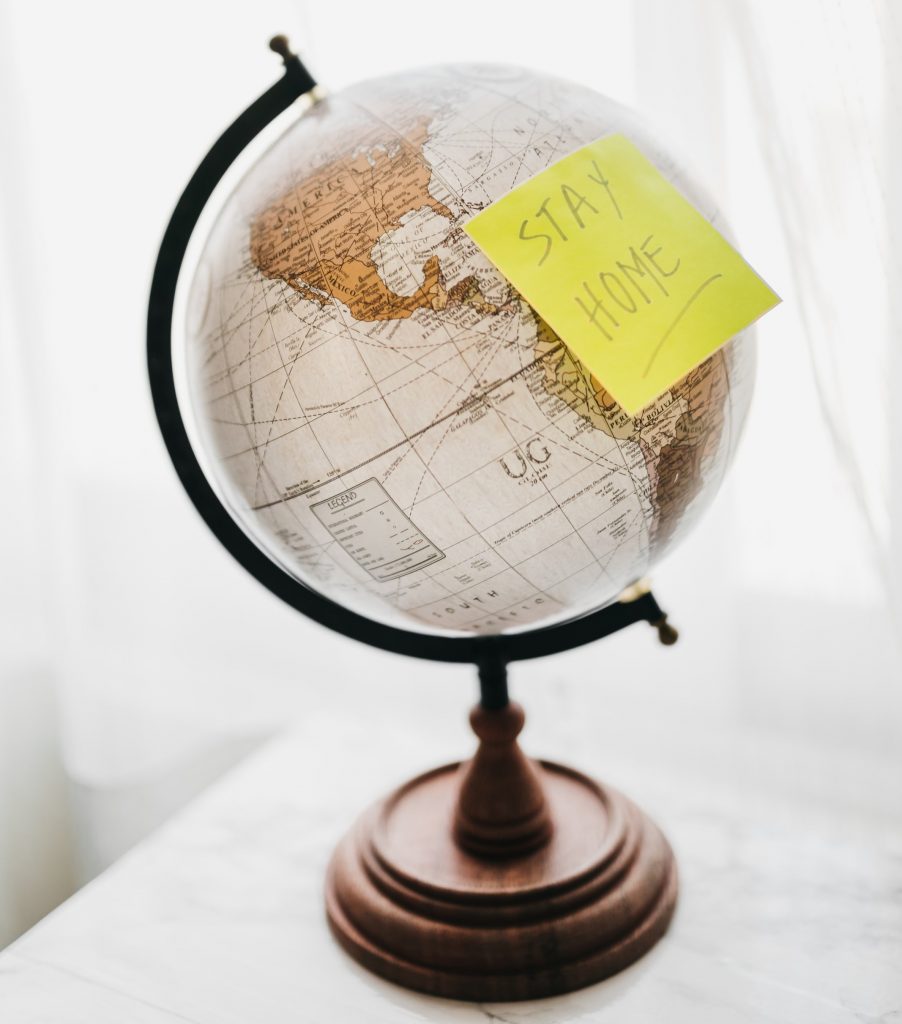
Refugees’ Fate During a Pandemic
Image: https://unsplash.com/@brunocervera
By Nurin Binti Abd Manap
Resettlement is the transfer of refugees from an asylum country to another state that has agreed to admit them and ultimately grant them permanent settlement. A chance for refugees to find their solace, heavily depends on their chance to be safely resettled. However, the resettlement ceilings for the refugees have been steadily lowered over the years, and this year, we can see the lowest resettlement ceilings ever set up by the government from several countries. Based on the data given by UNHCR, 15425 refugees have been successfully resettled this year and this is the lowest number of resettlement departures ever recorded. This has become a growing worry for the refugees who are fleeing their country to find solace. Most of the refugees are still stuck at their transit country waiting for their turns to settle down at their new home in another country. Combating and containing Covid-19 has been the ultimate goal of most countries nowadays and that is one of the reasons why the resettlement ceilings has been set so low this year. Travel bans causing borders of countries to be closed during this pandemic also makes it harder for the refugees to settle down in their new home.
Refugees are the most vulnerable group during this pandemic as most often they lack access to basic necessities and healthcare or working in an environment with higher risk of exposure. This is why it is important for them to be in a place where they can get access to clean water, necessities and healthcare services and by staying in a good place, they can be less exposed to the virus. While the resettlement has been set low this year, UNHCR has played their part by conducting complimentary pathways for the refugees to be safely resettled. Some of the pathways involved reunification of families, work, education and marriage. This is a good take but there are lots of refugees staying at the migrant camps or quarters while waiting for their resettlement decision and the infectious disease easily spreads when no proper measures of precaution can be taken at their place where they stay. People in the camps or quarters gather up in a large crowd with no social distancing and no proper sanitation. This cause fears among the locals as this can cause a surge in Covid-19 cases and will become out of control as some of the people living in the camps are undocumented and it will be hard to trace them when they had tested positive of Covid-19.
The World Health Organization (WHO) has been actively taking part to increase awareness among the refugees on how important social distancing, self isolation and proper sanitation are to contain Covid-19 and protect themselves from the disease. In some countries, a migrant hotline for Covid-19 has been launched and it makes it easier for the migrants to get help when they have suffered any symptoms of the disease. These measures have sent a great relief to the refugees as the most vulnerable group during these tough times. Moreover, measures have also been taken by the Government of Singapore with support from WHO and NGOs, to improve communication with the migrants such as appointed dormitory ambassadors, boosted Wi-Fi connection and provided SIM cards to them. This will make it easier for the migrants to stay connected to the news regarding Covid-19 and contact their families who live far from them. These measures are commendable and should be implemented in other countries as well.
Despite all of the positive things that have improved the welfare of the refugees during this pandemic, unfortunately there are negative things happening too. Migrants are perceived as virus carriers as they have come from another country and have crossed the countries’ borders. People have been avoiding them as they fear catching the virus from them. This is bad for business with migrants as their employees and migrants also have risk of losing their jobs as employers want to make it safe for customers and do not want their customers to stop from coming. This stigmatisation must be stopped as this will be the start of xenophobic treatment to the migrants. Moreover, the government’s decision to stop migrants and undocumented migrants from crossing the borders to contain the outbreak, has increased the locals’ fears of migrants. The virus will be harmful and affect people’s health just the same regardless of race and status and people should be reminded that to win this war against the deadly virus, we have to stick together and not break apart.

0 Comments